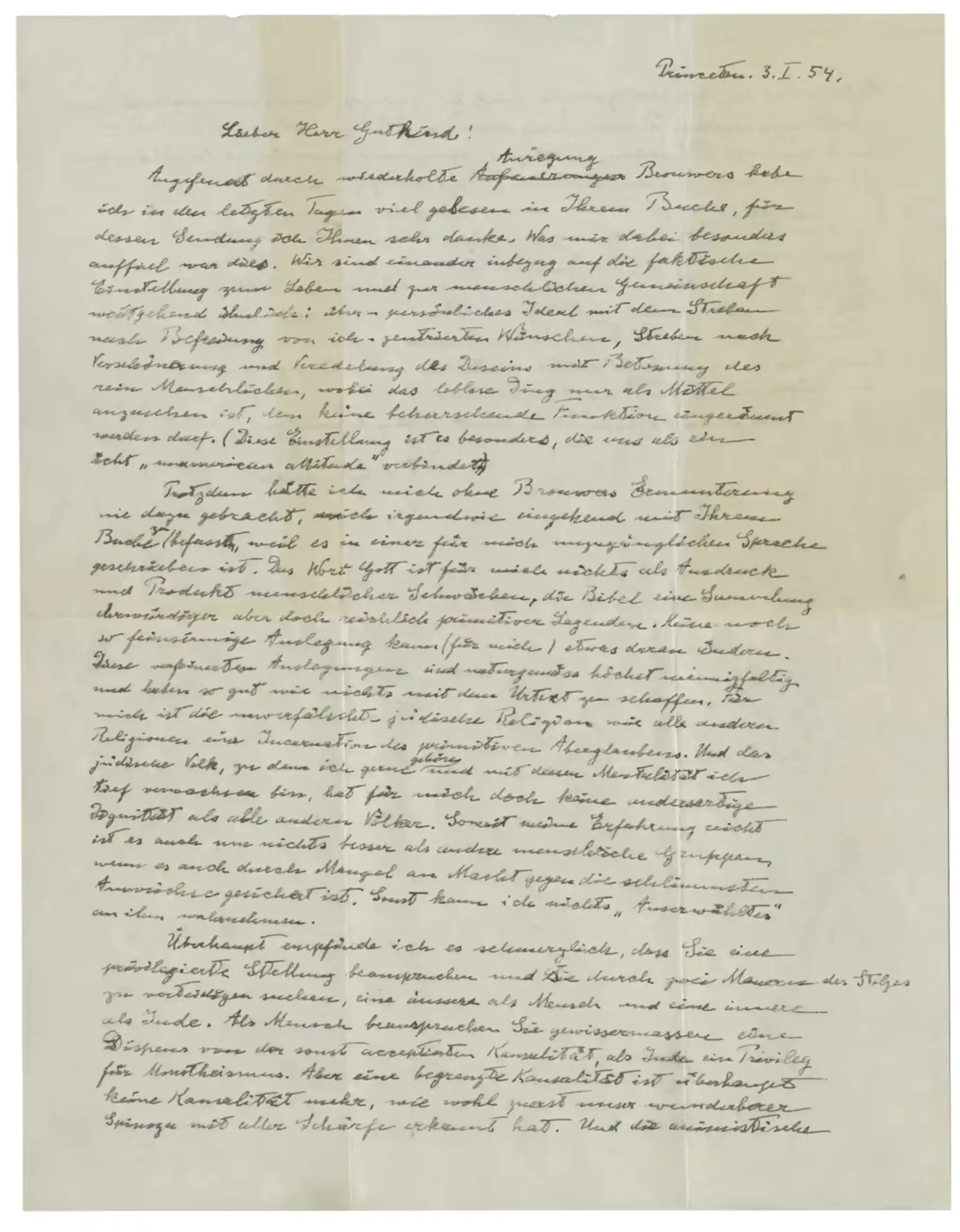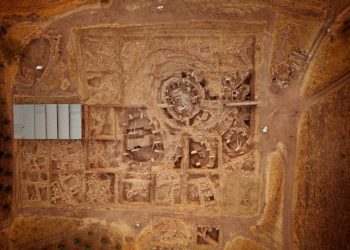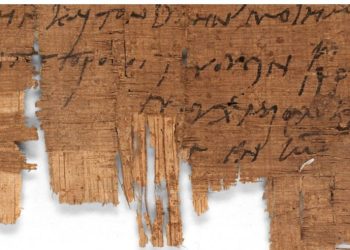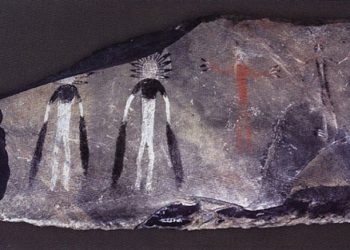God letter written by Albert Einstein reveals his private rejection of religion and the Bible
The God letter written by Albert Einstein wasn’t a public statement—it was a quiet, personal response sent to a philosopher who had tried to tie science back to scripture. But in just one and a half pages, Einstein dismantled that idea with calm clarity, calling belief in God a product of human frailty and describing the Bible as a collection of primitive myths.
It’s one of the most unfiltered things he ever wrote.
The letter, penned in 1954 and hidden from the public for decades, offers a rare glimpse into how Einstein truly saw religion—and why he walked away from it.

Why the God letter written by Albert Einstein still matters
Einstein wrote the letter to German philosopher Eric Gutkind after reading Choose Life: The Biblical Call to Revolt, a book Gutkind had sent him at the urging of Dutch mathematician L.E.J. Brouwer. The book argued that religion and reason could coexist. Einstein didn’t agree.
“The word God is for me nothing but the expression and product of human weaknesses,” he wrote.
“The Bible a collection of venerable but still rather primitive legends.”
He went on to say, “No interpretation, no matter how subtle, can (for me) change anything about this.”
The God letter written by Albert Einstein was never intended to go public—but when it was auctioned off by Christie’s in New York, it drew worldwide attention. For the first time, Einstein’s deeply private stance on faith and scripture was out in the open.
Einstein rejected religion—but not his connection to Jewish identity
While Einstein had a strong cultural bond to his Jewish roots, the God letter written by Albert Einstein makes it clear that he rejected Judaism in the same way he did all religions.
“The unadulterated Jewish religion is, like all other religions, an incarnation of primitive superstition,” he wrote.
“The Jewish people to whom I gladly belong… do not have any different kind of dignity from all other peoples.”
His disillusionment began early. By age ten, Einstein was reading popular science books and had already started questioning the Bible’s accuracy.
“I soon reached the conviction that much in the stories of the Bible could not be true,” he once recalled.
“The consequence was a positively fanatic orgy of freethinking… it was a crushing impression.”
Still, Einstein never called himself an atheist. He often spoke of a deep awe for the universe—a kind of spiritual feeling rooted not in prayer, but in physics. He admired the structure of the cosmos, but saw no need for a divine creator behind it.
That’s what makes the God letter written by Albert Einstein so unique: it strips away any ambiguity. There’s no room for metaphor or interpretation. Just a man, near the end of his life, saying exactly what he believed—and what he didn’t.











